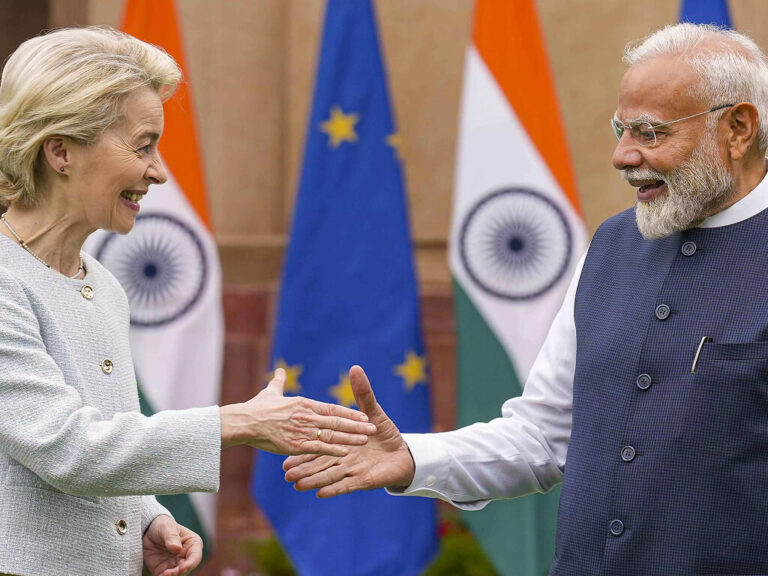A rumored meeting between opposition leaders and at least two unidentified Malaysian government MPs in Dubai has been the subject of intense debate in recent weeks. This meeting was allegedly intended to engage with backbenchers in order to convince them to change their allegiance and therefore plan the overthrow of Anwar’s government. A potential new scandal is now unfolding.
The “Dubai Move” purportedly entailed plans to identify and extend offers to MPs willing to switch support to the opposition, aiming to establish a new government. Ismail Yusop, the deputy director-general of the government’s Community Communications Department, claimed on Saturday that opposition leaders and government representatives gathered in Dubai to delegate tasks related to identifying MPs susceptible to accepting bribes in exchange for switching allegiances. The opposition, however, vehemently denied these allegations.
Doubtful, former prime minister Ismail Sabri Yaakob claimed not to have known about the purported meeting in Dubai. Yaakob took over when Muhyiddin resigned in August 2021, following an unusual public censure from the king. He angrily denied being there at the alleged occurrence, claiming that he was in Saudi Arabia at the time, on his way to Mecca.
Members of Malaysia’s unity government are distancing themselves from any knowledge of an alleged political coup plan after a senior government official revealed a purported attempt to oust Prime Minister Anwar Ibrahim over the weekend. Prime Minister Anwar, at a separate event, dismissed the impact of coup talks, stating that it was the opposition’s work and would not affect the government, as quoted by English daily The Star.
A deputy minister affiliated with Ismail’s UMNO party, Abdul Rahman Mohamad, refuted involvement in any efforts to overthrow the government. Mentioned in a YouTube video detailing the “Dubai Move,” he asserted that he could not have been part of the meeting due to engagement in community work in his constituency. In a Facebook post on Monday, he labelled such accusations as “dangerous” for their potential impact on economic stability and announced his intention to pursue legal action against the responsible YouTube account owner.
Malaysian politics has a history of tumultuous events. In the midst of the pandemic, influential leaders within the ruling party orchestrated a coup, leading to the downfall of then-Premier Mahathir Mohamad. Muhyiddin Yassin played a crucial role in dismantling the reformist ruling alliance Pakatan Harapan, which had governed for just 22 months. Defecting with over 30 MPs, Muhyiddin formed an alliance with his former party, Umno, which had suffered its first defeat in over 60 years during the 2018 election. He subsequently served as caretaker leader for 17 months.
According to reports, Kedah Menteri Besar Datuk Seri Muhammad Sanusi Md Nor has acknowledged a purported scheme by the federal opposition to unseat the current federal government. However, he suggested renaming it the “Chow Kit Move” instead of the “Dubai Move.” Sanusi contends that the term “Dubai Move” serves as a decoy, given the commonality of visits to Dubai, and asserts that the discussions actually transpired in Kuala Lumpur.
While Sanusi did not disclose additional details about the supposed plot, he casually mentioned terms like the “Bera Move” and “Sembrong Move,” dismissing them as jests meant for amusement. He insisted that if changes in government support align with constitutional principles, they should be permissible under the Federal Constitution.
Sanusi hinted at the possibility that the current government might not complete its five-year term, asserting that any actions sanctioned by the Federal Constitution should be allowed. He argued that if the government considered the constitutional validity of five opposition MPs pledging support to Prime Minister Datuk Seri Anwar Ibrahim, then reciprocal moves should also be treated similarly.
Barisan Nasional (BN) Chairman Zahid has criticized attempts to destabilized the unity government, deeming it an futile endeavor. He stressed the importance of prioritizing economic strengthening and urged those involved to await the 16th General Election if they intended to topple the government. Emphasizing compliance with anti-party hopping laws, Zahid insisted that decisions must be substantial, necessitating significant consensus from political parties and not solely relying on sworn statements.
Despite his position, Zahid refrained from disclosing the identities of those purportedly involved in the move. He underscored the need for collective decisions within political parties, expressing hope that the current government, led by Datuk Seri Anwar Ibrahim as the prime minister, would prioritize economic fortification, assistance to the people, and continue to demonstrate the stability of the country.
The shadow of corruption has loomed over prominent Malaysian politicians. Navigating a coalition government in this country is inherently complex, particularly when dealing with individuals with diverse political views. Such dynamics frequently give rise to conspiracies, efforts to overthrow the government, instances of corruption, and interference by vested interests. The ongoing acknowledgment of the “Dubai Move”, despite official government refutations, indicates that the road ahead for the coalition government in the upcoming years is poised to be arduous.








